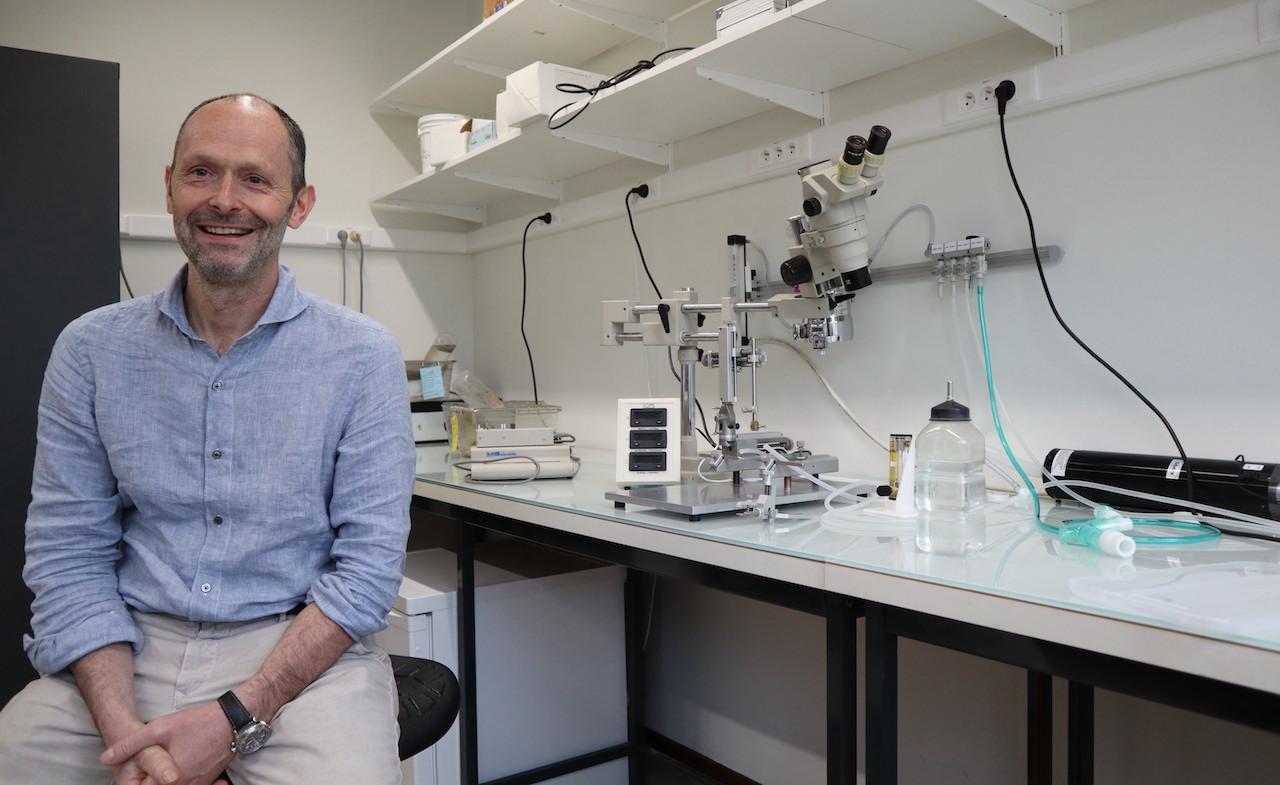
Maged1 (Prof. Alban de Kerchove).
Addiction is defined as an uncontrollable urge to seek out and take addictive substances despite the adverse consequences on daily life. Addiction is a chronic and recurrent brain disease, responsible for 11.8 million deaths per year, more than cancer, and accounting for 1/5 of all deaths worldwide.
Recently, Prof. de Kerchove and his team discovered that a gene, Maged1, plays a major role in drug addiction. He found that inactivating Maged1 in mice makes them completely immune to the effects of drugs of abuse. This discovery makes it possible to imagine a therapeutic pathway aimed at inactivating Maged1 or the mechanisms in which it is involved in order to treat drug addicts and get them out of their addiction to drugs.
Prof. de Kerchove’s project, therefore, aims to comprehensively characterise how Maged1 in the identified core is necessary and sufficient for the development of drug addiction. In parallel, he will describe precisely how Maged1 in the identified nucleus affects dopamine release and how neurons that are sensitive to dopamine release respond to drug intake with or without Maged1. This should lead to a better understanding of how the brain encodes this information. In addition, through “omics” approaches, he will decipher all the molecular mechanisms involving Maged1 in drug addiction in order to select pharmacological targets that inhibit the Maged1 pathway and are relevant for an effective treatment of drug addiction.
More information on the ULB Foundation website.
Illustrations: Professor Alban de Kerchove. © ULB Foundation.